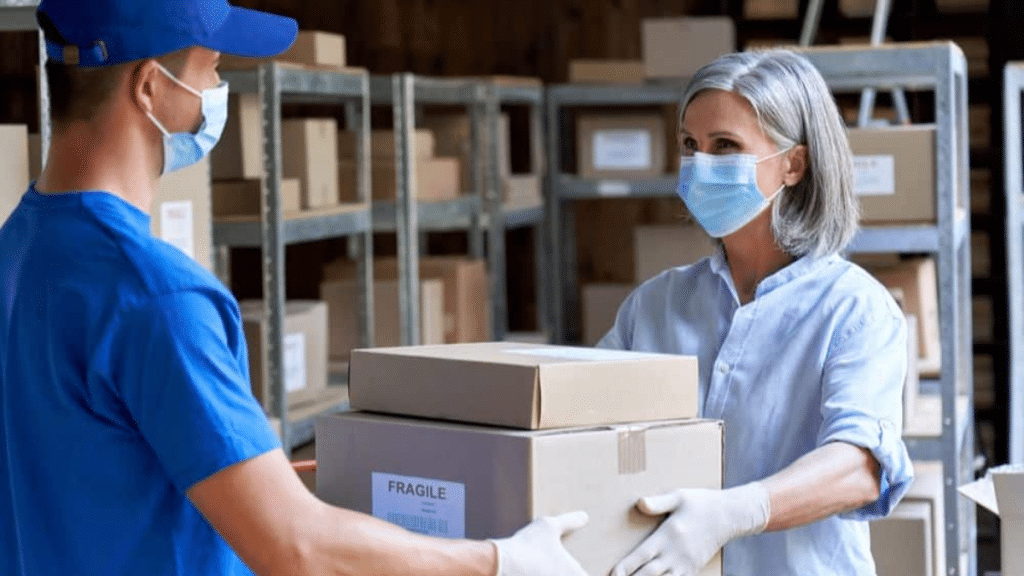As healthcare delivery models expand beyond centralized hospitals into clinics, home care environments, and decentralized labs, logistics requirements have grown more complex. A medical courier is no longer a peripheral service; it is an essential component in the clinical care continuum—responsible for transporting temperature-sensitive biologics, regulated pharmaceuticals, time-critical lab specimens, and diagnostic equipment with speed, traceability, and precision.
Healthcare logistics must balance real-time coordination, regulatory compliance, and high service reliability. General-purpose delivery networks are often ill-equipped to meet these standards, making the role of the specialized medical courier indispensable.
Time-Critical Transport for Clinical Workflows
Specimens and samples collected in outpatient settings, satellite labs, or mobile care units must be delivered within strict viability windows. A delay of even 30 minutes can render a blood sample unusable or affect the accuracy of time-sensitive tests such as viral loads or hormone panels.
Professional medical couriers operate under SLA-driven protocols, offering STAT, scheduled, and recurring services to synchronize with lab cutoff times, operating room schedules, and pharmacy distribution cycles.
Time-sensitive materials include:
- Whole blood, plasma, and pathology specimens
- Cell and gene therapy assets
- Same-day prescriptions for chronic care patients
- Biologic and temperature-controlled pharmaceuticals
Chain of Custody and Compliance Protocols
Healthcare deliveries are subject to multiple layers of regulation, including HIPAA for privacy, DOT for hazardous material classification, and CLIA or CAP standards for lab testing integrity. Medical couriers are trained to maintain uninterrupted chain-of-custody documentation and operate under documented SOPs tailored to healthcare transport.
From barcode scanning and real-time GPS tracking to secure electronic signature capture, the chain of custody is preserved from origin to delivery point—whether that’s a hospital laboratory, a home infusion patient, or a biobank facility.
Compliance-related features:
- HIPAA-compliant data handling practices
- Secure, tamper-evident packaging
- Digital proof-of-delivery systems with audit trails
- Trained personnel familiar with biohazard classification codes
Specialized Equipment and Vehicle Readiness
Unlike general couriers, medical couriers use fleet vehicles equipped with temperature-controlled compartments, spill containment kits, and liftgate functionality when handling sensitive or bulky equipment. Proper insulation, temperature validation, and shock-absorbent containment are standard for high-risk payloads like transplant materials, biologics, or sensitive diagnostics.
Key operational capabilities:
- Ambient, refrigerated, and frozen storage options
- Pre-configured route scheduling for consistent temperature exposure
- Infection control protocols for reusable devices and surgical instruments
Technology Integration and Visibility
Modern healthcare logistics platforms are increasingly integrated with EHRs, LIS systems, and pharmacy management software. A medical courier platform may be linked directly to these systems, triggering real-time dispatches based on clinical events—such as a newly ordered lab test or discharge requiring medical equipment delivery.
Live ETA tracking, exception alerts, and predictive rerouting enable healthcare facilities to prepare staff and infrastructure in parallel, minimizing wait times and bottlenecks.
Technology-driven benefits:
- EHR and LIS integration
- Automated milestone updates and delivery status dashboards
- Predictive failure detection using AI and route history
Final Thoughts
The medical courier has become a clinical logistics partner—providing more than movement of goods. They ensure diagnostic accuracy, regulatory compliance, and patient continuity across increasingly complex care environments. As healthcare organizations adopt distributed and on-demand care models, investing in specialized courier services becomes essential to sustaining reliability and risk mitigation across the supply chain.
